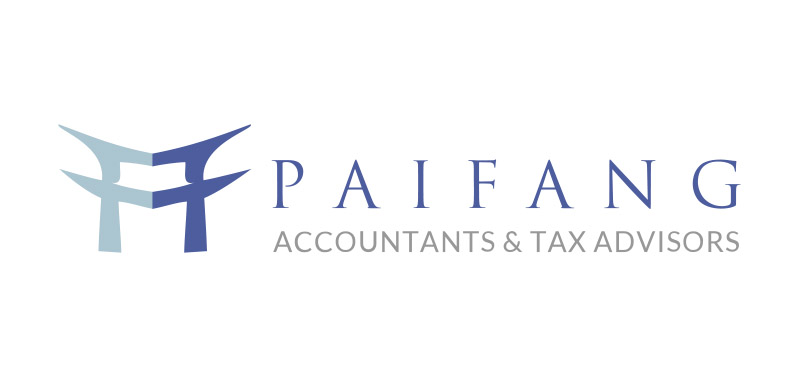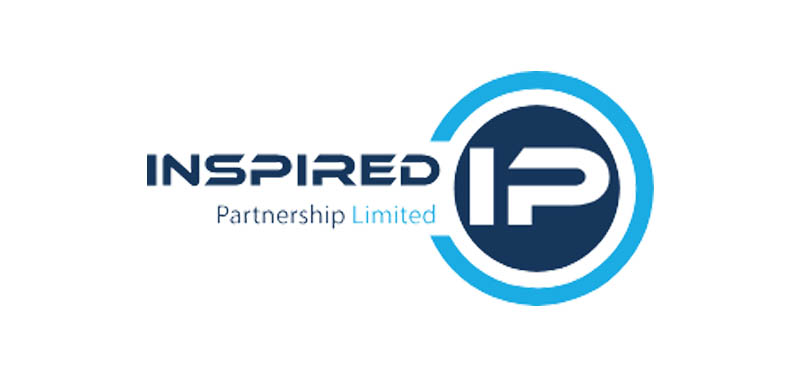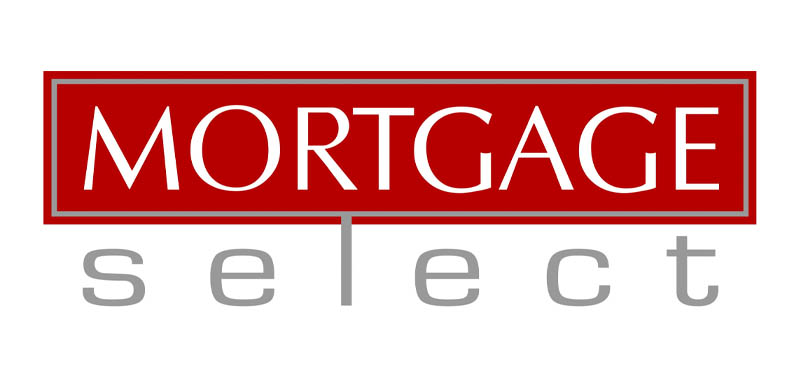Trust signals are essential for building credibility with your customers.
They help assure users that your site is professional, secure, and reliable, whether you’re selling products or offering services. Here’s a list of key trust signals you should think about incorporating into your website:

1. Security and Privacy Trust Signals
To build trust, start with security and privacy trust signals. An SSL Certificate (HTTPS) is essential for data protection and SEO. A clear Privacy Policy demonstrates compliance, and for e-commerce stores, you can also display secure payment icons in your footer.

2. Legal Elements
Legal elements are vital for credibility, including easy-to-read Terms & Conditions and, for online stores, a Refund & Return Policy. Clear contact information (email, phone, address, or form) is also important so customers can easily contact you.

3. Social Proof
Make sure to show social proof on your website. Use customer testimonials, case studies, and display user reviews & ratings. Featuring client logos and highlighting press mentions further reinforces your reputation.

4. Credentials and Authority
Showcasing your credentials and authority builds confidence. Display certifications and awards, mention professional affiliations, and include detailed author bios with credentials. A comprehensive About Page should clearly outline your background.

5. Engagement and Community
Foster engagement and community to demonstrate an active presence. Maintain an active blog or regular updates, link to verified social media profiles, and showcase user-generated content. A newsletter sign-up with a clear value proposition can also build trust.
If you need help with website design, or you want any of these trust signals or anything else added to your existing website, then please don’t hesitate to get in touch with us and see how we can help.













